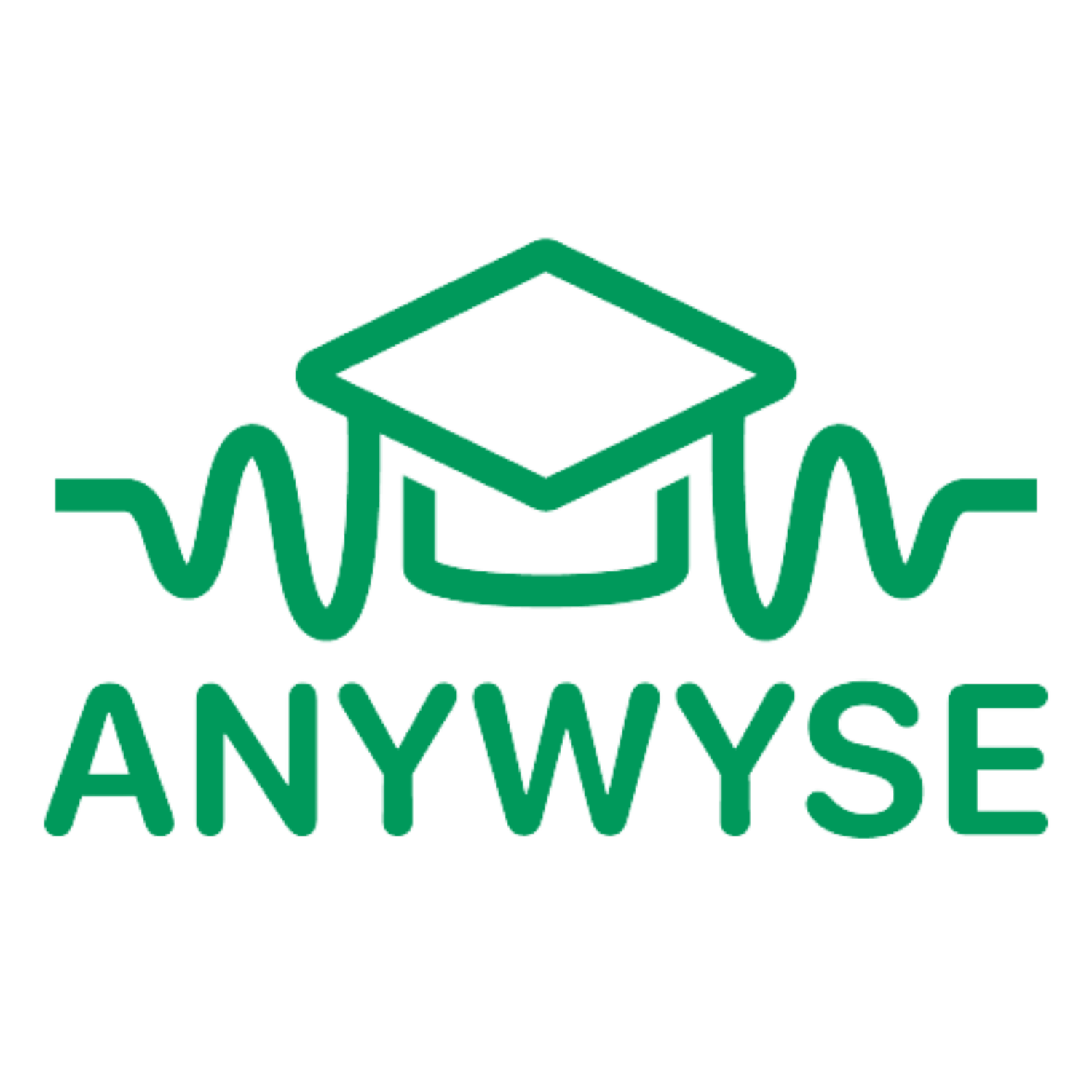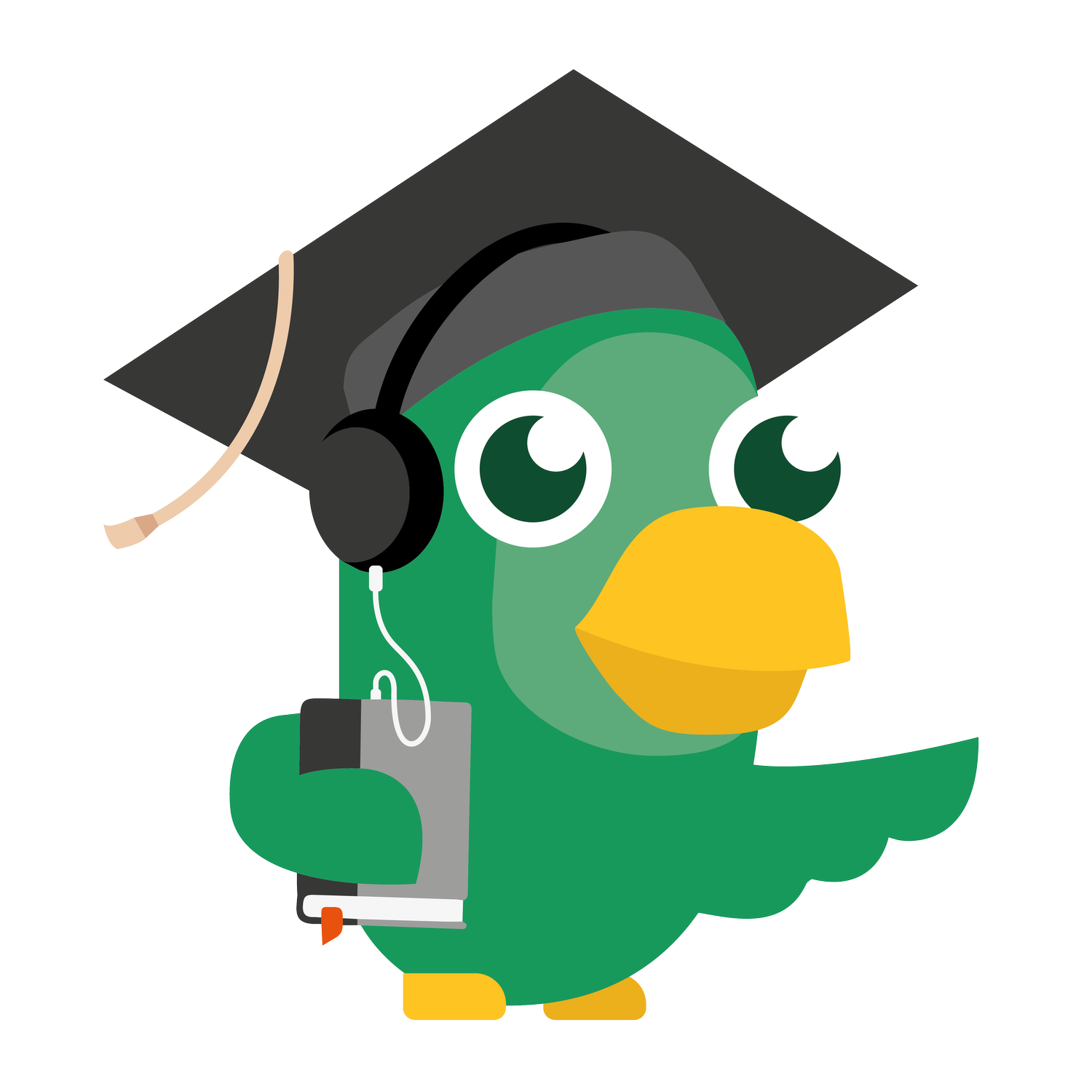Enhancing Learning with Brain-Based Techniques
In the ever-evolving landscape of education, finding innovative approaches to enhance learning experiences is crucial. One such approach gaining traction is brain-based learning. We recently had the opportunity to interview Mark Tigchelaar, an expert in focus and brain-based learning, on our podcast "The Learner's Forecast: Innovators on the Horizon." In this blog post, we'll delve into the key takeaways from our insightful conversation, exploring how brain-based techniques can revolutionize education and empower learners.
Understanding brain-based learning
Mark Tigchelaar emphasizes the importance of incorporating brain-based learning principles into education. By considering how the brain absorbs and processes information, educators can tailor their teaching methodologies to optimize learning outcomes. This approach not only enhances students' understanding but also improves their retention and application of knowledge.
Recharging with breaks
One intriguing aspect highlighted by Tigchelaar is the significance of taking regular breaks during study sessions. These breaks provide an opportunity for the brain to recharge, enabling better focus and information assimilation. Engaging in non-brain-intensive activities, such as physical exercise or simply staring out of the window, allows the mind to relax and rejuvenate, leading to improved concentration and productivity.
Longer focus blocks for complex learning
While short study intervals, like the popular Pomodoro technique, work well for basic tasks, Tigchelaar suggests longer focus blocks for more complex learning. Approximately 50-minute sessions followed by slightly extended breaks help individuals enter a state of flow, where their concentration peaks. This approach enables learners to delve deeper into their subjects and make meaningful connections, resulting in a richer understanding of the material.
Drawing inspiration from Finland
Finland's progressive education system serves as an inspiring example of implementing brain-based learning principles. With shorter class durations and scheduled breaks, both students and teachers can recharge their brains, leading to improved absorption and retention of information. By prioritizing brain-friendly practices, Finland has witnessed remarkable success in nurturing engaged and motivated learners.
Personalized learning for optimal results
Every learner is unique, and recognizing individual learning needs and preferences is paramount. Tigchelaar emphasizes the significance of tailoring learning experiences to meet the specific requirements of students, regardless of their learning profiles. By embracing personalized approaches, educators can create inclusive environments that promote effective learning and cater to diverse learning styles.
The future of education
The integration of brain-based learning principles into classrooms and educational programs holds tremendous promise for the future of education. By understanding the neuroscience behind effective learning, educators can design engaging and impactful learning experiences. This forward-thinking approach nurtures critical thinking, creativity, and adaptability, equipping students with the skills they need to thrive in an ever-changing world.
If you want to learn more about this topic, you can listen to our podcast “The Learner’s Forecast: Innovators on the Horizon”. Every episode, we interview an expert in the field of education, learning and innovation. Learn more about Mark Tigchelaar and his company Focus Academy here: https://www.focusacademy.com/
Remember, the brain is our ultimate ally in the pursuit of knowledge. Let's leverage its incredible capabilities and pave the way for a brighter future of education.

